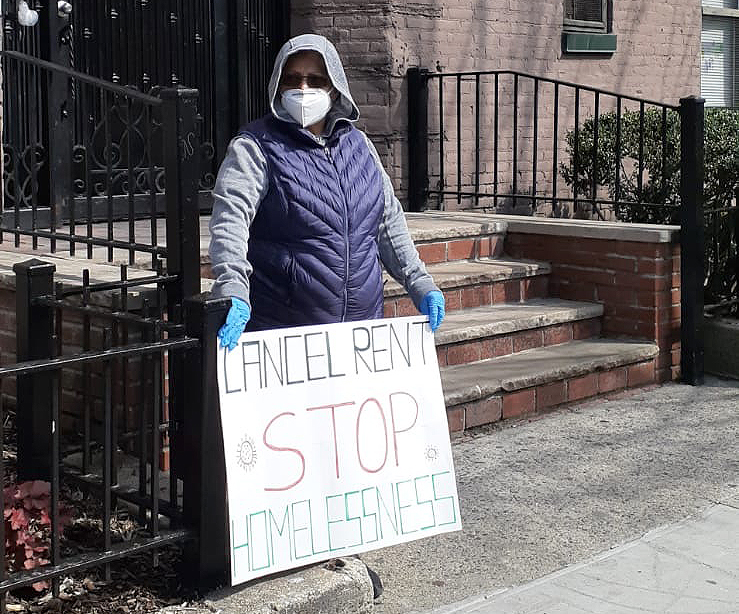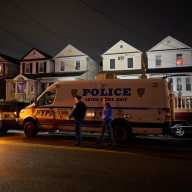Guadalupe Paleta created a petition in April with her neighbors, who reside in a six-floor building in Woodside, asking their landlord to cancel rent and utilities for the next three months.
“We explained we don’t have jobs, and despite that, we are living through a psychologically difficult time,” said Paleta in Spanish, who is 42 years old and worked as a nanny before the COVID-19 pandemic began to take hold of New York City.
Paleta, an organizer with Woodside on the Move and Make the Road NY, said her landlord denied the petition and told them they must pay the rent when it’s due on May 1.
“He said they have utilities and payments to make, but they don’t understand that we have the same needs as them,” Paleta said in Spanish.
Paleta’s building is one of 17 buildings in Woodside going on strike on May 1, according to Woodside on the Move community leader and organizer Iván Contreras. “They’re not canceling the rent, they’re not freezing it — but we’re in a pandemic,” Contreras said, pointing out that the rent strike is out of necessity for many, especially the Latin and immigrant communities in Queens.
“The more people who strike, the harder it’ll be for landlords to take them to court,” Contreras said.
But the movement to “Cancel Rent” extends far beyond Queens and even New York state — it’s a national movement that many are calling the largest rent strike in almost 100 years.
“We’re asking [Gov. Andrew] Cuomo to join the cause,” Paleta said in Spanish. “Cuomo, listen to your people who are asking you to cancel rent in this difficult time.”
Call to ‘Cancel Rent’ on May Day
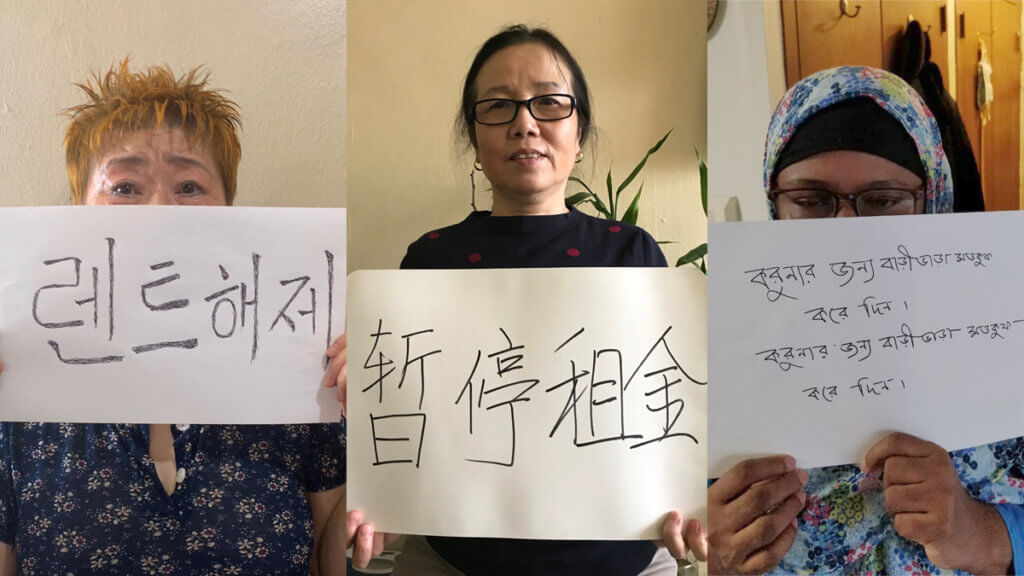
The Cancel Rent movement in New York is largely spearheaded by the influential Upstate Downstate Housing Alliance, a coalition of more than 70 grassroots groups, including Housing Justice for All, advocating for tenants and the homeless across New York City and State.
Housing Justice for All want Gov. Cuomo to execute his executive order powers to cancel rent for four months or for the duration of the public health crisis, freeze rents and offer every tenant the right to renew their lease, urgently and permanently rehouse all New Yorkers experiencing homelessness and invest in public and social housing.
For weeks, hyperlocal groups like Woodside on the Move have mobilized tenants across Queens to not pay rent, even if they can, in order to show solidarity with those who can’t afford to during the COVID-19 crisis.
CAAAV: Organizing Asian Communities’ Asian Tenants Union, who advocate for Bangladeshi, Chinese, and Korean immigrants living in public housing, demand Cuomo, Senators Chuck Schumer and Kirsten Gillibrans as well as New York’s Congressional delegation to cancel rent for NYCHA residents.
“Nearly 15,000 tenants across New York State are unable to pay their rent. The situation in New York City Housing Authority (NYCHA) housing is even more dire. Despite living in public housing, tenants who have lost their jobs are in crisis,” according to a CAAAV statement.
“Despite living in a state with the best tenant protection, the government fails to see that working-class communities and low-income communities now need stronger tenant protections by cancelling rent,” said Mohammed Hasan, a CAAAV member living in the Ravenswood Houses in Astoria. “There is a pandemic going on outside, everything is on stop, how are we supposed to pay our rent? Most of us, tenants, are living on paycheck to paycheck, how can we continue to pay for rent when we barely have enough to cover food on the table? Taxi workers are afraid of leaving their home because there is no real protection to continue to work, without risking the exposure to us or our families.”
City, state and federal response
New York City is home to 5.4 million renters, or two-thirds of the population. According to a survey conducted by Property Nest in March, 39 percent of New Yorkers would not be able to pay rent if they’re out of work due to the COVID-19 outbreak.
Unemployment rates in New York state are at the highest level since the Great Depression, according to Forbes. They found data from the New York Department of Labor that shows the total number of New Yorkers filing new jobless claims has reached 1.4 million — which doesn’t account for self-employed, gig, or part-time workers.
Mayor Bill de Blasio doesn’t agree with a rent strike, but he has called for security deposits to be used in lieu of rent, deferment of rents for tenants and asked the Rent Guidelines Board to initiate a rent freeze during the state of emergency for the city’s rent-stabilized apartments (more than one million). The board is set to decide during their June meeting.
Contreras said housing advocates worry they’ll make a decision that doesn’t benefit tenants if there aren’t people there advocating for them during public hearings.
In mid-March, Cuomo implemented a 90-day moratorium on mortgages and evictions, which he said solved the issue. The CARES Act, the federal COVID-19 stimulus package passed in April, gives landlords with federally-backed multifamily mortgages a 90 day forbearance. This means landlords with a mortgage insured or guaranteed by the federal government can’t evict a tenant for not paying rent for the next three months.
During his daily press briefings on May 1, Cuomo acknowledged the protests by tenants and landlords’ fears that without rent, they won’t be able to pay mortgages and maintenance.
“What we’re doing is no one can be evicted for nonpayment of rent between now and June, period. That is the law until June,” Cuomo said. “Between now and June, we’ll see what happens. We’ll figure it out.”
But, many lawmakers and community leaders don’t think this helps renters.
City Council introduced a package of bills on April 22 that included protections for renters for the remainder of the pandemic and beyond, including extending time for all NYC renters to repay rent, blocking evictions and collection of debts until April 2021, and protecting tenants from COVID-related harassment and discrimination — all sponsored by Speaker Corey Johnson.
According to 6sft news, the Real Estate Board of New York (REBNY) recently called Johnson’s legislation illegal and asked for help to defeat the bill.
Senate Deputy Leader Michael Gianaris has led the call for a tenant and mortgage cancellation at the Senate level with his bill S8125A, co-sponsored by Senator Joseph Addabbo, which would suspend and forgive rent for certain residential tenants, small business tenants and certain mortgage payments for 90 days.
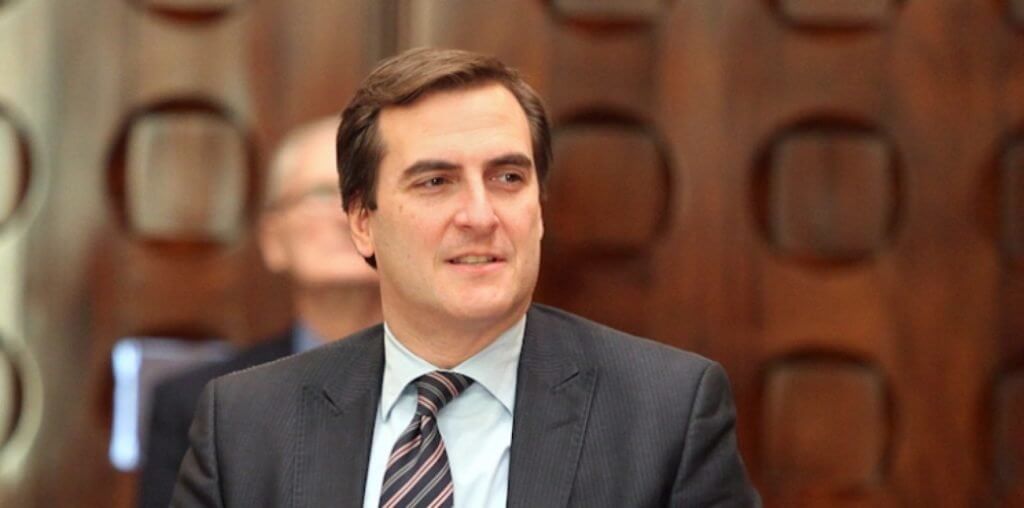
He’s received support from fellow Queens lawmakers including East Elmhurst’s Senator Jessica Ramos, and Astoria Assembly member Aravella Simotas and Jackson Height’s Assembly member Michael DenDekker who are sponsoring the Assembly’s version of the bill, A10224A.
He’s even received support from former Vice President Joe Biden and Senator Bernie Sanders.
“It has been clear for weeks now that rents cannot be paid with money that doesn’t exist and therefore, rent will be cancelled whether or not we authorize it by law,” Gianaris said. “I urge Governor Cuomo to implement an executive order to cancel rent obligations and bring stability to the housing market before it devolves into a full blown crisis.”
According to Data for Progress’ surveys conducted with The Justice Collaborative, 76 percent of poll respondents support some versions of suspending and forgiving rents for residential tenants.
Rep. Ilhan Omar introduced H.R. 6515: the Rent and Mortgage Cancellation Act to enact a national rent and mortgage suspension in response to the coronavirus pandemic. Queens Rep. Carolyn Maloney is co-sponsoring the bill.
Queens Rep. Grace Meng also introduced the Rent and Mortgage Cancellation Act, which would offer full forgiveness of payment with no accumulation of debt for renters or homeowners and no negative impact on their credit rating or rental history.
Queens Rep. Alexandria Ocasio-Cortez, who is also co-sponsoring Rep. Omar’s bill, offered a solution during a virtual town hall with Housing Justice for All on April 27.
“People aren’t striking because they don’t feel like paying rent, people are striking because they can’t pay rent,” Ocasio-Cortez said. “Often times the first reaction is, ‘What about the landlords, what about people with mortgages?’ One thing you can do is suspend mortgage payments for three months, tack that on to the end of the repayment period. So let’s say you have a 10-year mortgage, just suspend it for three months and make it a ten year and three month mortgage, so that you just make three additional payments at the very end.”
Ocasio-Cortez said landlords could take that suspension time to cancel the rent of any tenants in their building, so those tenants don’t have to pay it back and “it does not create an additional financial liability on that landlord.”
Contreras said what matters most is what happens after the 90-day moratorium.
“We understand it’s intersectional. There are small landlords too that will be significantly affected, so go ahead and cancel that too,” Contreras said. “We need to focus on what’s important now, which is preserving lives. I don’t want to believe they’re going to allow this massive chain of evictions to happen.”
Immigrant and undocumented communities at greater risk
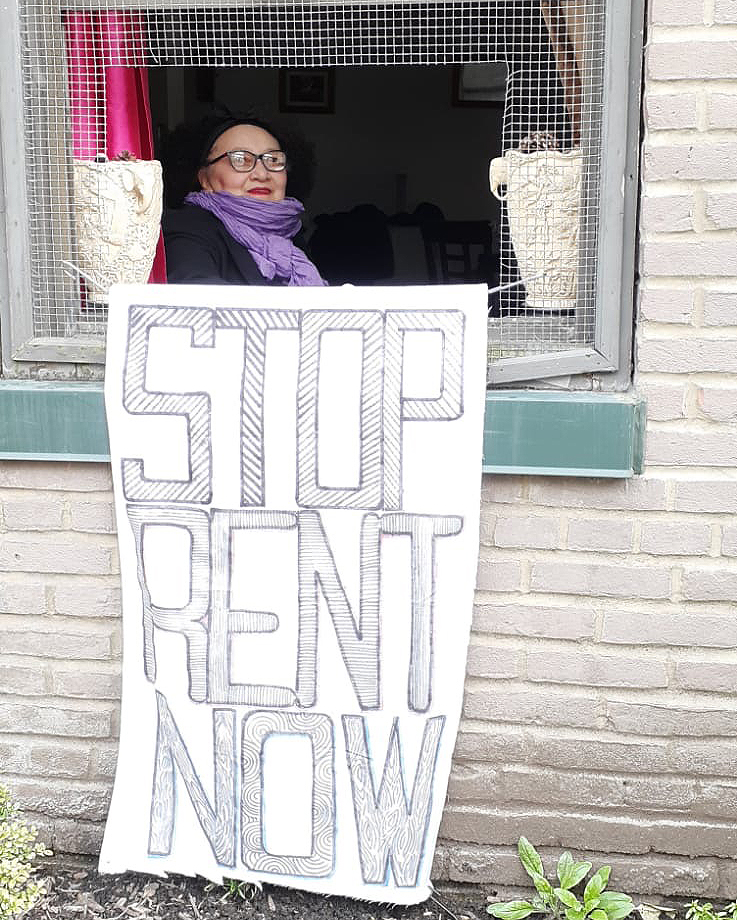
Yvelisa Silva is a tenant of one of the 10 buildings in Cosmopolitan Houses in Woodside going on rent strike. Cosmopolitan Houses are made up of five-story, brick buildings, most of which are affordable housing with a majority Latin or Hispanic residents.
“There is no work, no money to pay rent and eat. People are worried about dealing with sick family members in small spaces. It’s an uphill battle. People are very afraid,” Silva, who was born in Venezuela and has lived and worked in NYC for more than three decades, said in Spanish.
According to the Association for Neighborhood and Housing Development, “New York State’s renter population is disproportionately Black and Latinx,” who were already disproportionately rent burdened.
Additionally, many of New York City’s undocumented workers and their families — approximately 738,000 New Yorkers, including 218,000 children — didn’t qualify for previous federal stimulus checks or unemployment benefits, leaving them at higher risk for contracting the virus as they look for work to pay their bills.
Some of the most impacted neighborhoods in Queens — Jackson Heights, East Elmhurst, and Jamaica — have greater populations of Black and Brown individuals who are foreign born. Many of them are also essential workers.
NYC’ Department of Health data shows COVID-19 deaths have been disproportionately higher in Hispanic, Latin and Black people.
Silva noted many undocumented immigrants in her neighborhood are particularly struggling.
“It’s worse for them because they don’t have benefits, but they should because they also pay taxes,” Silva said.
When asked about the rent strikes happening on May 1, Cosmopolitan Houses General Manager Steve Stadmeyer told QNS they are focused on providing essential services to their residents while keeping them and their staff safe. He said they’ve retained 100 percent of their employees.
“Our office staff is answering calls and emails from home. In addition to addressing maintenance and other concerns, they are working with residents who have been impacted by COVID-19 by directing them to programs that may help them,” Stadmeyer said. “Building porters and handymen are working every day in the epicenter of this pandemic. It means a lot to us that we have been able to keep them working. We are grateful that the majority of residents have continued to pay their rent because it allows us to keep our buildings clean and residents and staff safe during these challenging times for our community.”
But Silva, who is 66 years old and a member of Woodside on the Move, said that even before the pandemic, they’ve been fighting landlords who make them pay extra for their property maintenance.
And now, she understands there may be even more tenants who cannot pay rent due to the unprecedented loss of income or because they’ve been infected with the virus.
“There are many people feeling hopeless, many psychological problems arising. We will see a lot of that,” Silva said. “Our people are used to buscarsela [working hard for what they need]. It is not easy to see your bills without being able to pay them. That frustrates us all.”
Silva also acknowledges the social toll this has on her community.
“As Latinos, we are losing that unity we feel for each other, the hugs and the warmth. And who knows for how long,” she said.
She had to close her own leather-importing business located on Roosevelt Avenue due to the pandemic. “No one’s going out to buy purses at this time,” she laughed.
Now, Silva’s working part-time for the census until the fall, making calls and encouraging people to fill out their forms. She believes it’s because of undercounting in the previous census that the city did away with so many desperately needed hospitals.
But Silva has faith things will get better, if Cuomo and elected officials act now.
“I love New York City,” she said. “I hope things get better. We’ll be OK.”

